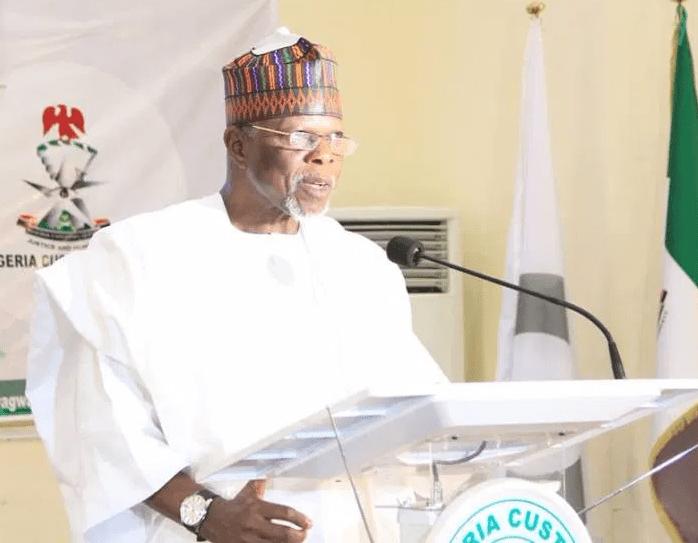Uncategorized
Zenith Bank takes steps to deepen export capacity

As Customs seek critical review of barge operations
Efforts to enhance optimal utilization of barge operation in the movement of exports into ships at the seaports gained a notch yesterday as management of the Nigeria Customs Service (NCS) proposed what it called dedicate barge operations for export.
Comptroller General of Customs, Col. Hammed Ali (Rtd) disclosed above yesterday during an export sensitization programme organized by Zenith Bank Plc with the theme “Nigeria’s Economic Prosperity: The Role of Intra-Regional Trade and Non-Oil Export Business.”
The customs position is coming on the heels of a sensitization programme organized by Zenith Bank Plc; one of the most supportive financial institution that has demonstrated sufficient concern in the Nigeria’s export base. Official statement by the bank said the workshop was aimed at deepening the capacity growth of the export sector.
The Customs boss who was represented by Controller of Administration, Ogun 1 Command, DC Dera Nnadi, lamented that despite government’s efforts to boost exports, movement of export goods have continued to be hindered through certain delays on the port access roads.
The CGC noted that because most of the delayed exports are agro products with limited shelf life, damages and losses becomes unavoidable; hence the call for a review of the barging system at the ports with a niche for dedicated export barge operation.
He said, “Since 2017, there has been an increase in the volume of agro exports in line with the government’s ambition to diversify the economy; but the road infrastructure remained static. The poor state of port access roads lead to delays causing goods to be damaged before they are exported while others are returned because the shelf life is grossly reduced by the delays.

The Customs helmsman noted that despite that customs have been partnering with other stakeholders to refloat barge operations as an alternative means to facilitate export, the efforts have so far failed as the barging services are utilized for other purposes with revenue generation prioritized over trade facilitation.
“There should be a review of the use of barges at the seaports. Barging should be restricted to exports or export prioritized for barge operations. Government could also provide subsidy to cut down the cost of barging services for exporters.”
Importantly, Ali also advocated the need for government agencies at the seaports to be more concerned about facilitating trade and simplifying port processes, while Customs as statutory revenue generation department if supported to play the role of revenue collector.
Earlier in his opening address, Zenith Bank Group Managing Director, Mr. Ebenezer Onyeagwu said that over 100 exporters have been developed in one year following the bank’s export sensitization and support programmes.
Onyeagwu expressed delight at the quality representation of participants at the online summit, even as he stressed that Zenith Bank would remain committed to supporting Nigerian Small and Medium Sized Enterprises (SMEs) to diversify the economy via non-oil exports.
The Zenith Bank boss noted that Nigeria stand to benefit significantly from the African Continental Free Trade Area (AfCFTA) if the nation continues to boost non-oil export, creates an enabling environment and simplifies export processes.
Also speaking at the online summit, Chief Executive Officer of Mamuda Industries Nigeria Limited, Hassan Mamuda stressed the need for federal government to improve infrastructure to enable Nigerian businesses compete favorably under AfCFTA.
Mamuda, whose company specialized in the export of finished leather, leather goods, and furs, polypropylene resins, highlighted some of the crucial infrastructure to include port access roads, electricity, railway and road linkages from farms to ports, among others.































